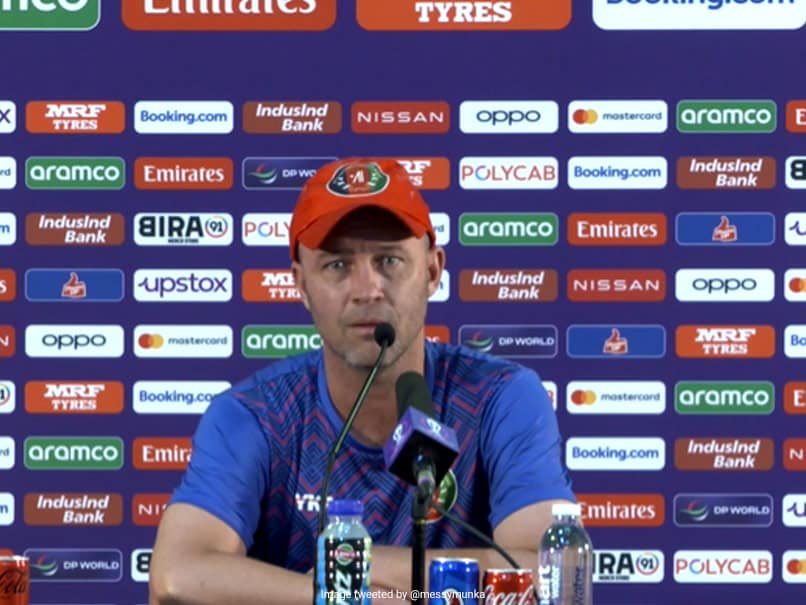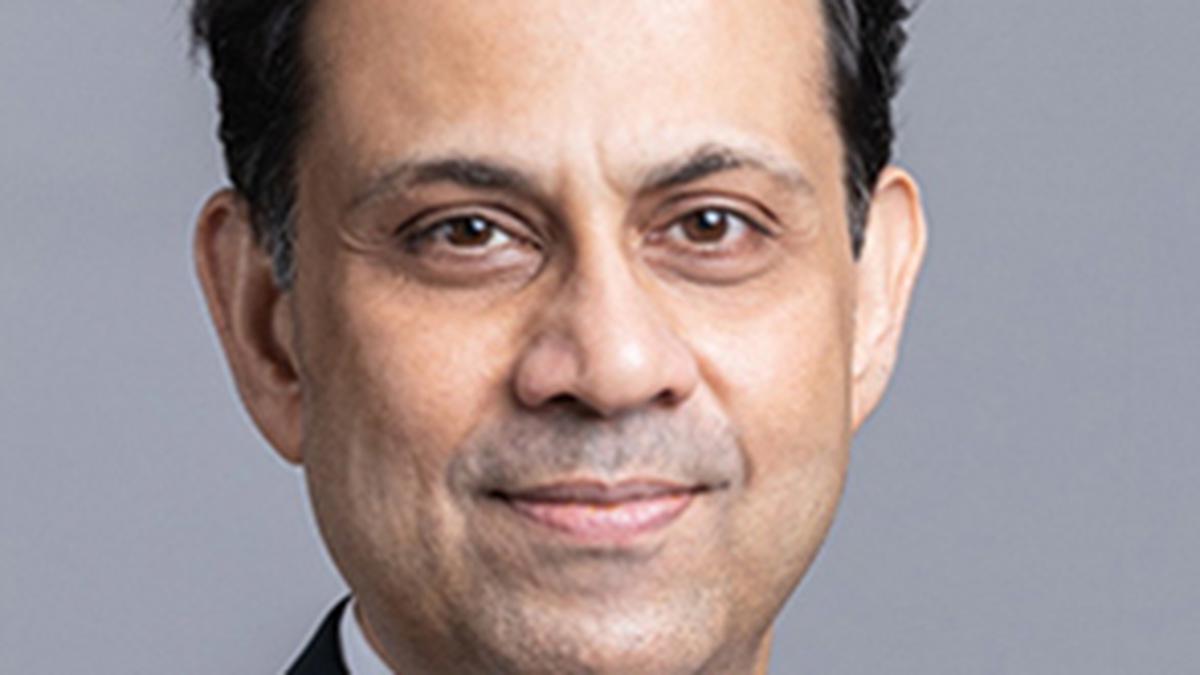A brilliant balancing act is how I will describe the Union Budget proposals, moving forward on the path of fiscal consolidation while also delivering high growth and inclusion.
The continued emphasis on capex-led growth strategy is a welcome move. Last year’s boost impacted the gross fixed capital formation (GFCF) positively, with the first advanced estimates expecting an 11.5% increase in GFCF in FY23.
A further increase of 33%, on top of a 35% increase last year, is in line with CII recommendations. This will boost economic productivity unlocking India’s growth potential. The multiplier impact of capex will also boost demand, helping crowd in private investments.
The public capex and infrastructure push, focus on ease of doing business, opportunities arising from green growth interventions, and the fund for agri startups will encourage private investments.
Inclusion and targeted support continue to be a strong theme, a strategy which has earlier received global accolades. Focus on agriculture, skill development and “Vanchit ko Variyta” — under which a plethora of schemes have been launched for women, elderly and youth — will help improve lives.
The focus on capex, tourism, MSMEs and agri-related interventions, including those under the cooperative-based programs, will generate employment. Emphasis on skilling with industry partnership and programs like Kaushal Vikas Yojana 4.0 skilling lakhs of youth in the next three years; establishment of 30 Skill India Centres; and skilling the youth for international opportunities, among others, will enhance the employability of the youth preparing them for Industry 4.0.
The thrust on employment and employability will boost incomes, broad basing consumption demand in the economy. A strong consumption demand is a pre-requisite for a broad-based sustained recovery in private investments.
With a fiscal deficit target of 5.9% for FY 24, pretty much in line with the 6% suggested by CII, and the reiteration of moving towards a fiscal deficit of below 4.5% by FY26, the Budget sets the roadmap for the necessary fiscal consolidation. Fiscal consolidation is imperative for macro-economic stability in the wake of an uncertain economic environment prone to external shocks, and for boosting investor confidence.
The Budget also continues the focus on cooperative federalism and reform push. The support to States in the form of 50-year interest free loan, incentives for undertaking power reforms, encouragement for urban reforms and extension of the State Support Mission of NITI Aayog for another three years are all steps in this direction.
Overall, a growth-oriented, balanced budget which strengthens the foundations of the Indian economy, as it journeys towards the goal of a Viksit Bharat by 2047.
Sanjiv Bajaj is president, CII











